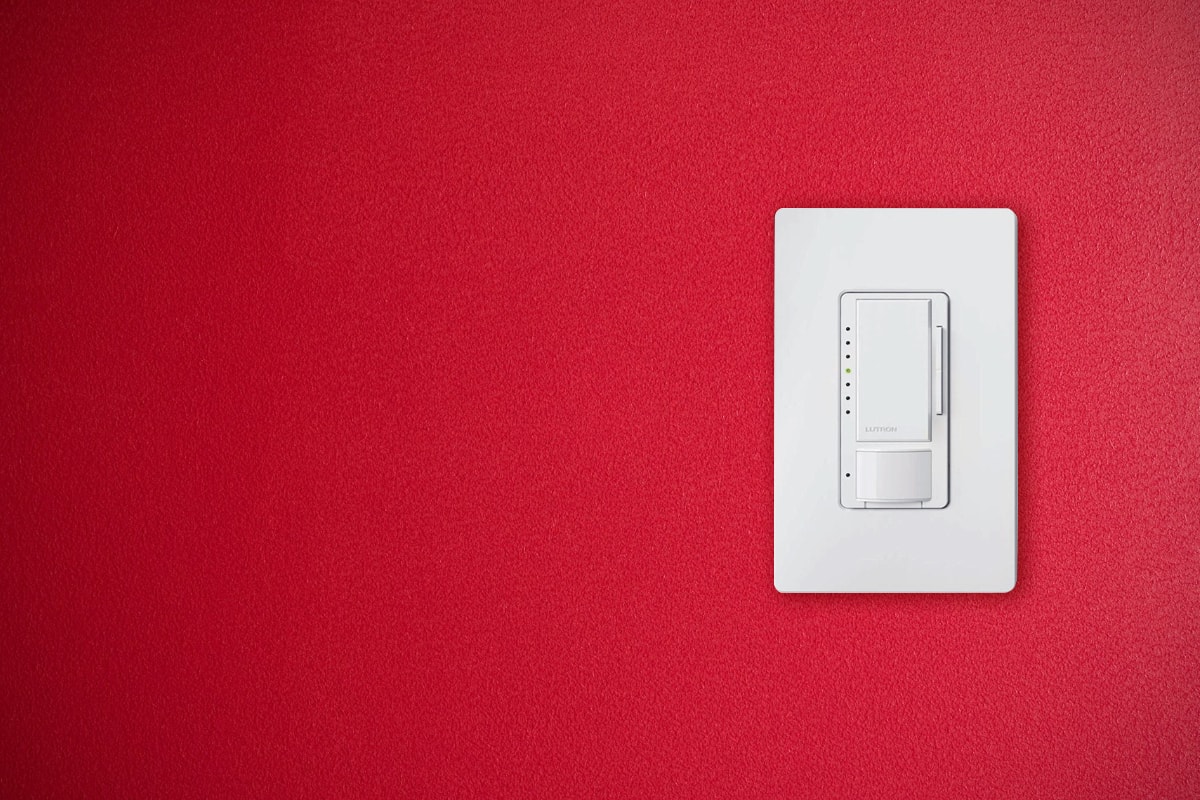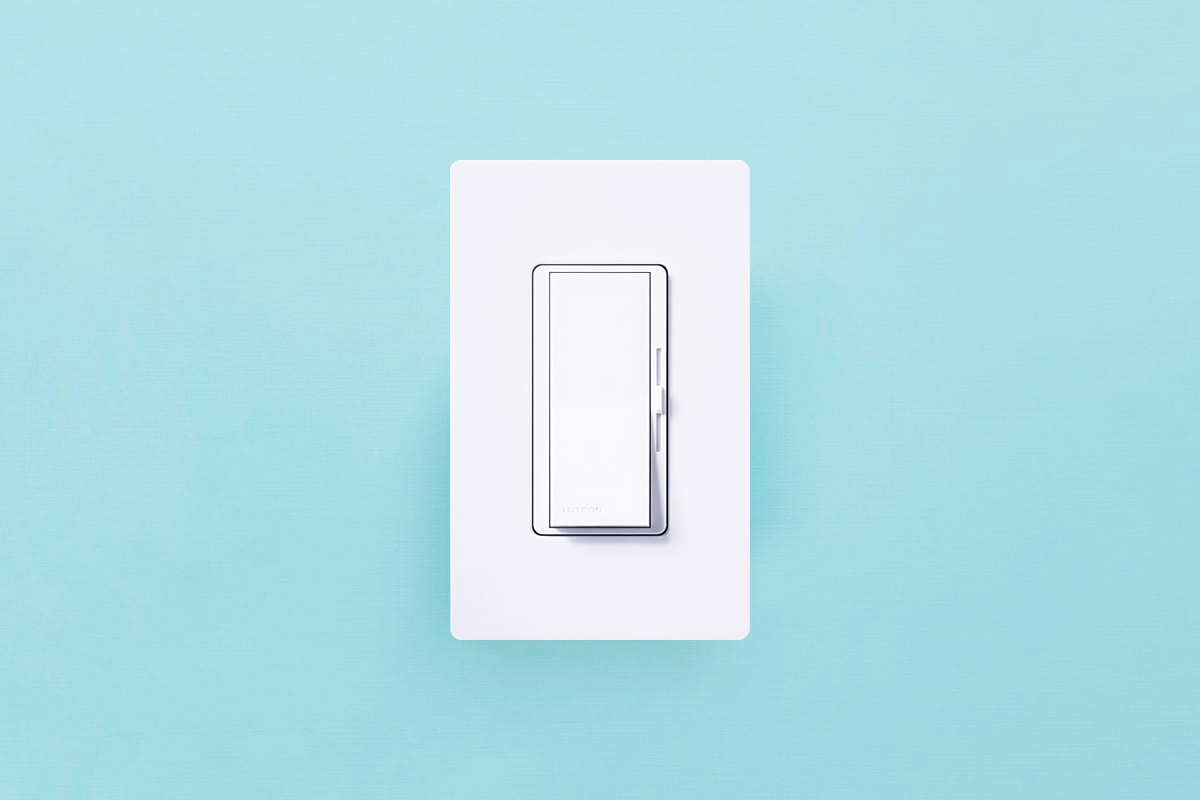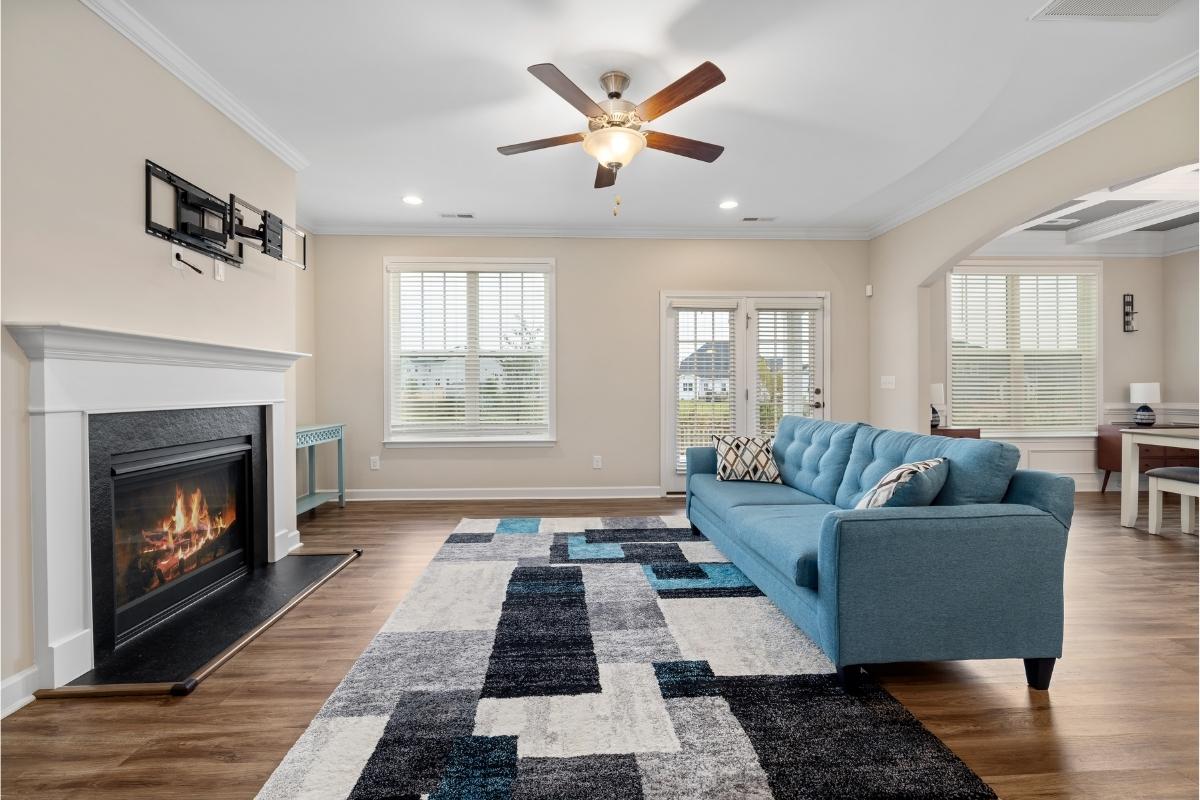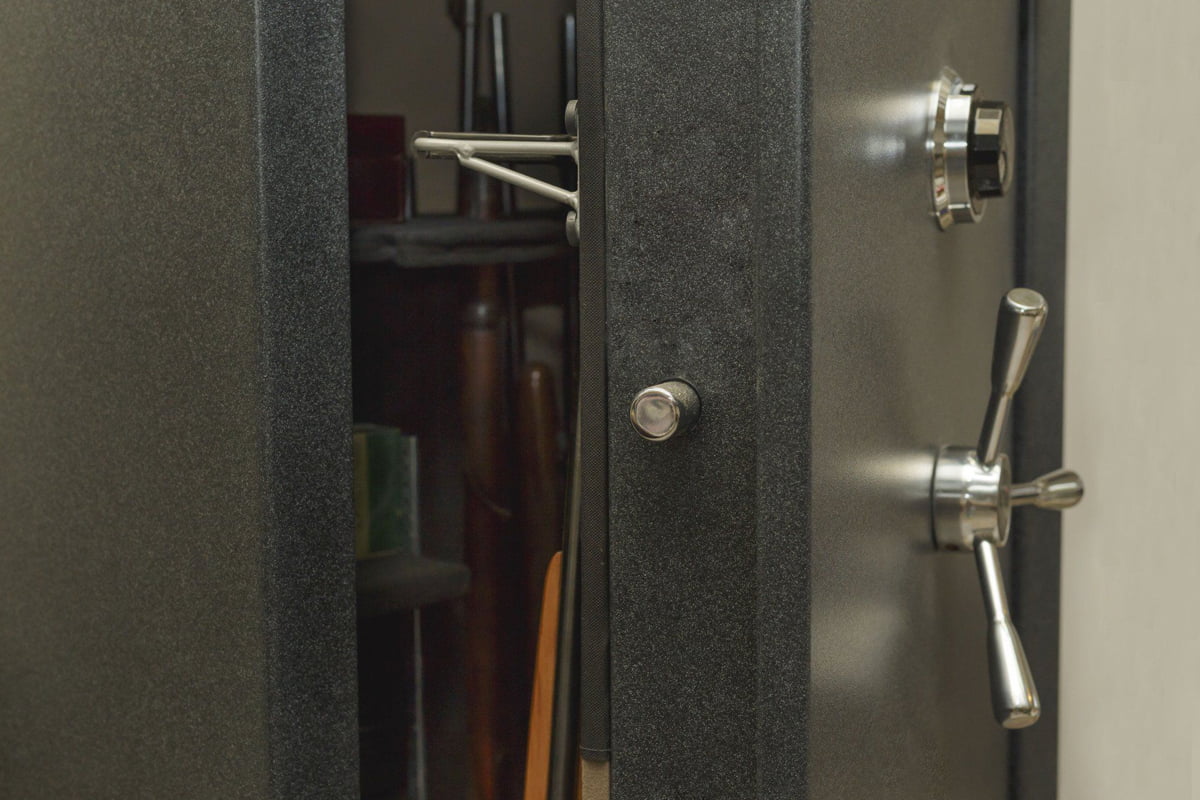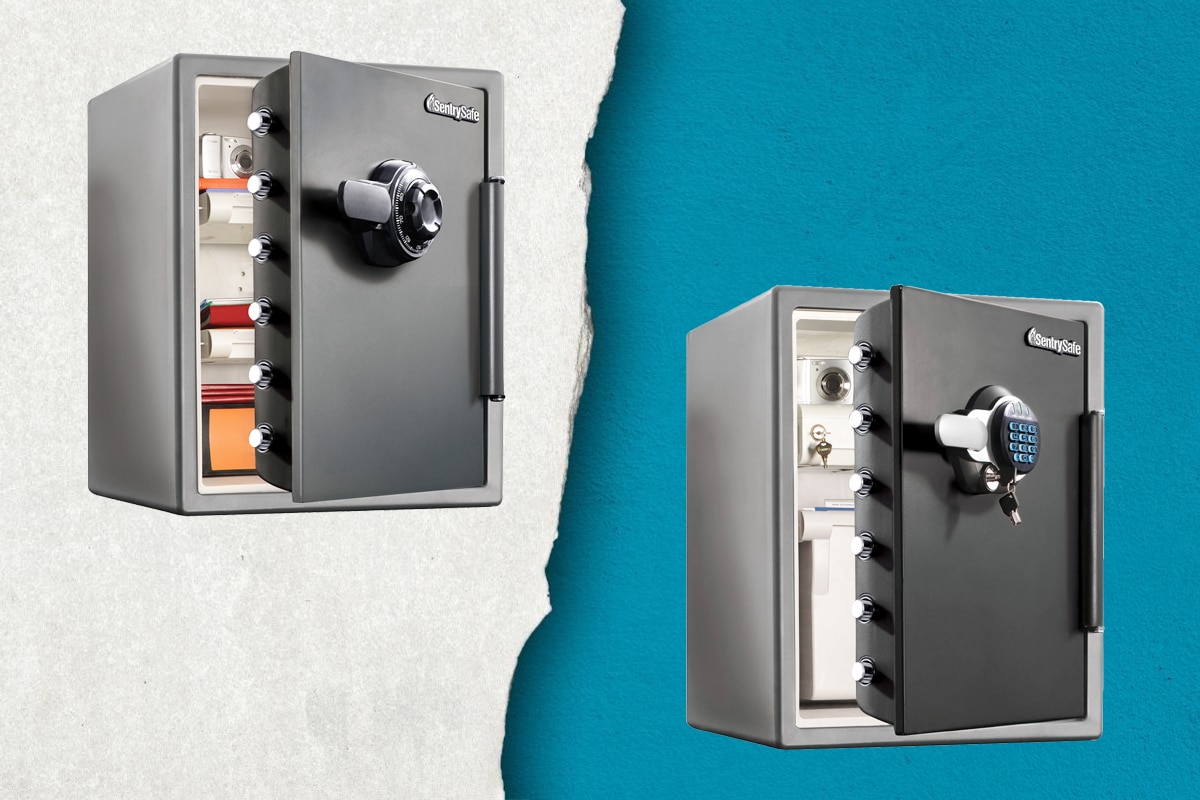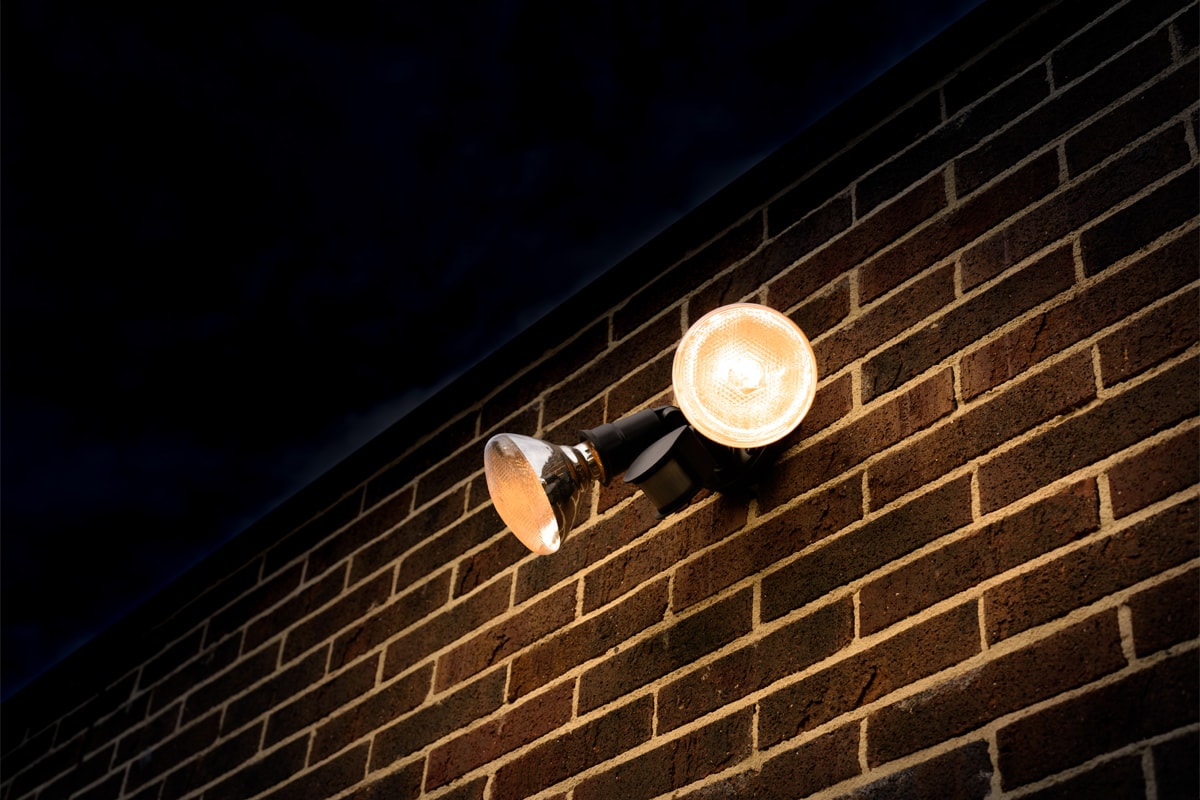What Is a Freestanding Safe
A freestanding safe, or a standalone safe, is a self-supporting secure storage unit (safe) that can be placed independently in a property without the need for installation or attachment to a wall or floor. Unlike other types of safes, freestanding safes are designed to be easily moved and positioned in various locations.
Security and Durability
Freestanding safes are usually constructed using heavy-duty materials, such as steel, to provide maximum strength and durability. These safes are larger and heavier than other types of safes, offering superior security for the storage of cash, valuable items, and important documents.
To ensure the highest level of security, freestanding safes are often equipped with advanced locking mechanisms, such as combination locks or electronic locks. Some safes also offer additional features like fire resistance or waterproofing to provide extra protection against potential hazards.
Versatility and Placement Options
One key advantage of freestanding safes is their versatility in placement. These safes can be hidden inside furniture, fixed on shelves, or positioned against a wall. They come with pre-drilled holes for anchoring, allowing them to be securely fixed in place to meet insurance-approved cash ratings.
Range of Sizes and Configurations
Freestanding safes come in a wide range of sizes and configurations to suit different needs. They can range from small safes that can be easily placed on a shelf or in a closet, to larger safes that can accommodate firearms or important business documents. Some safes even offer adjustable shelving or compartments to efficiently organize and store items.
Frequently Asked Questions
How Heavy Should a Home Safe Be
A secure home or office safe should be heavy enough that it cannot be carried by one person alone. It is recommended that the minimum weight for a secure safe should be at least 150 lbs (70 kg). It is also important to bolt the safe down for added security, as we will explain further.
Can I Put a 1000 Lb Safe Upstairs
A gun safe that is sturdy and durable can exceed a weight of 1,000 pounds. Placing such a heavy safe on an upper floor can pose risks, such as the possibility of the safe falling through the ceiling. If you intend to have the safe on the second floor, it’s good to have professionals assess the strength and support of the floor and ceiling below it.
Do Burglars Take Safes
Burglars have been known to successfully remove safes weighing 500 lbs. or more from homes during home robberies, despite the misconception that these safes are too heavy to steal.
Is a Wall Safe or a Floor Safe Better
A floor safe provides dependable hiding while wall safes provide easy accessibility. Both options are beneficial investments for anyone, regardless of location.
Should You Bolt Down a Safe
It is recommended to always secure your safe to the floor. Securing the safe helps protect your home and prevents accidents that could potentially harm your loved ones if the safe were to tip over. If you are hesitant about installing bolts into your floor, think about the potential damage a 1,000-pound safe can cause if it were to fall.


